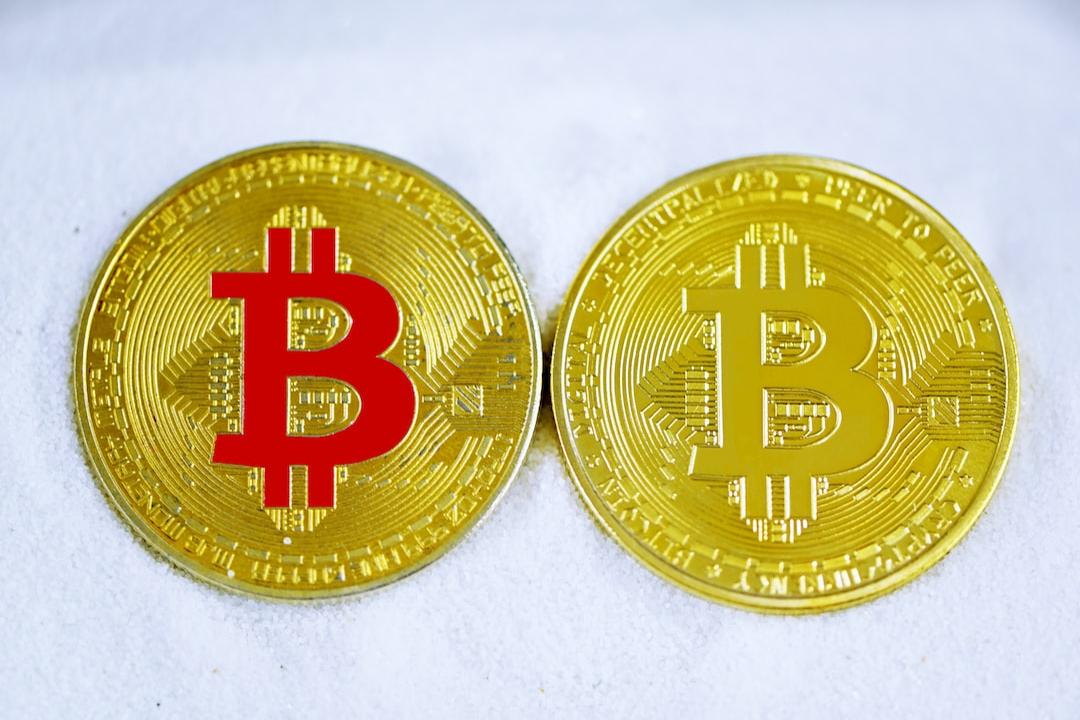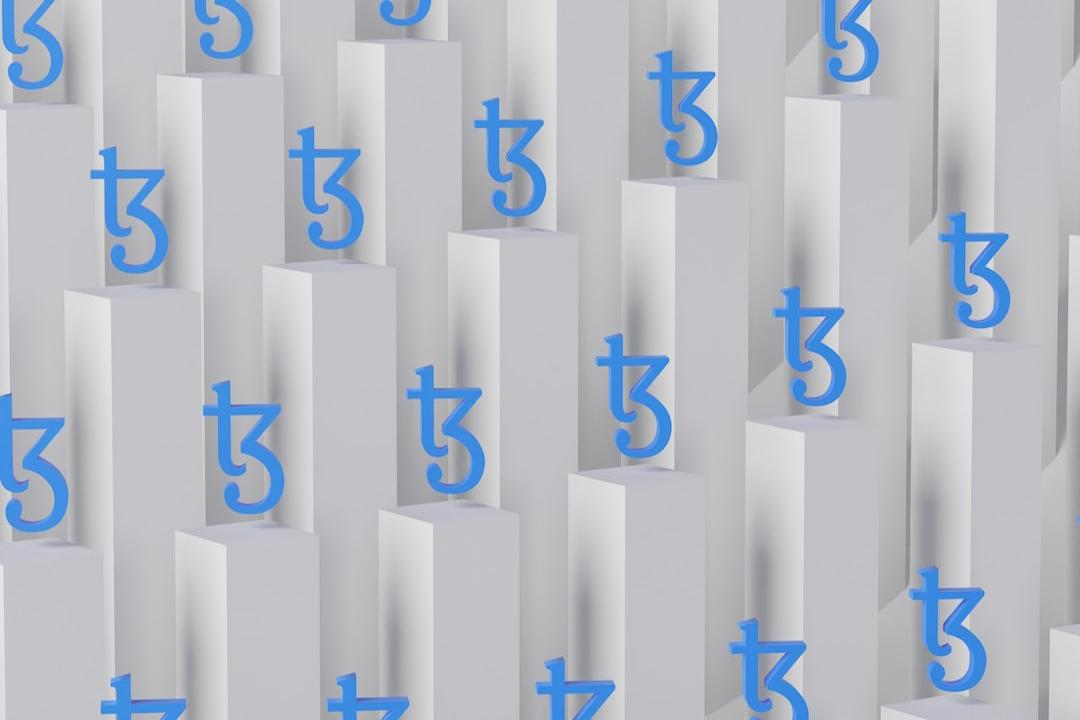YEREVAN (CoinChapter.com)
—Several venture capital firms invested over $400 million into The Open Network (TON) blockchain, reinforcing its position within the Telegram ecosystem. The TON Foundation confirmed the investment and clarified that the token sale was not directed at the foundation itself.

Venture Capital Firms Back Toncoin
The funding round involved major VC firms, including Sequoia Capital, Ribbit, Benchmark, Draper Associates, Kingsway, Vy Capital, Libertus Capital, CoinFund, SkyBridge, Hypersphere, and Karatage. These firms purchased Toncoin (TON), the native cryptocurrency of TON blockchain. The TON Foundation described these purchases as strategic partnerships aimed at expanding the TON ecosystem. However, further details were not disclosed.
TON Blockchain’s Role in Telegram’s Ecosystem
The TON blockchain is a decentralized network that supports Mini Apps within Telegram. Initially developed by Telegram’s founders, it now operates independently. Toncoin remains the only cryptocurrency accepted for app services within the platform.
Toncoin Holders and Account Growth
Over the past year, the number of TON blockchain accounts increased from 4 million to 41 million. The TON Foundation reported that Toncoin now has over 121 million unique holders. According to the announcement, the foundation plans to onboard 30% of active Telegram users onto the TON blockchain over the next three years.
Telegram’s Growing User Base
By March 2024, Telegram reached 1 billion monthly active users, doubling its user base in less than three years, according to Demandsage. Benchmark partner Peter Fenton projected that Telegram’s users could surpass 1.5 billion by 2030.

Venture Capital Funding in Blockchain Projects
The TON blockchain investment reflects a broader trend of venture capital interest in blockchain projects. Simon Wu, partner at Cathay Innovation, stated that crypto and blockchain are gaining acceptance, particularly in areas like asset management, transactions, and tokenization. In February 2024, crypto venture capital deals topped $1.1 billion, with increasing interest in decentralized finance (DeFi) services. Notably, according to The TIE, most of this funding went to business services and DeFi projects.


